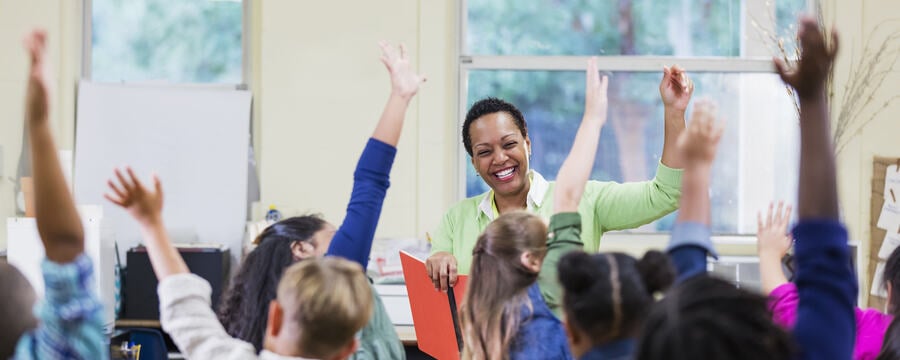
我们的目的是改变接受教育的机会。
We offer a diverse selection of courses from leading universities and cultural institutions from around the world. These are delivered one step at a time, and are accessible on mobile, tablet and desktop, so you can fit learning around your life.
我们认为,学习应该是一种愉快的社交经验,因此我们的课程为您提供了与他人一起讨论的机会,帮助您做出新的发现并形成新的想法。
您可以通过订阅我们无限制的包裹来解锁新的机会,以无限制地访问数百种在线短课程。电竞博彩app有什么通过顶尖的大学和组织建立知识。dota2竞猜吧
Learn more about how FutureLearn is transforming access to education









